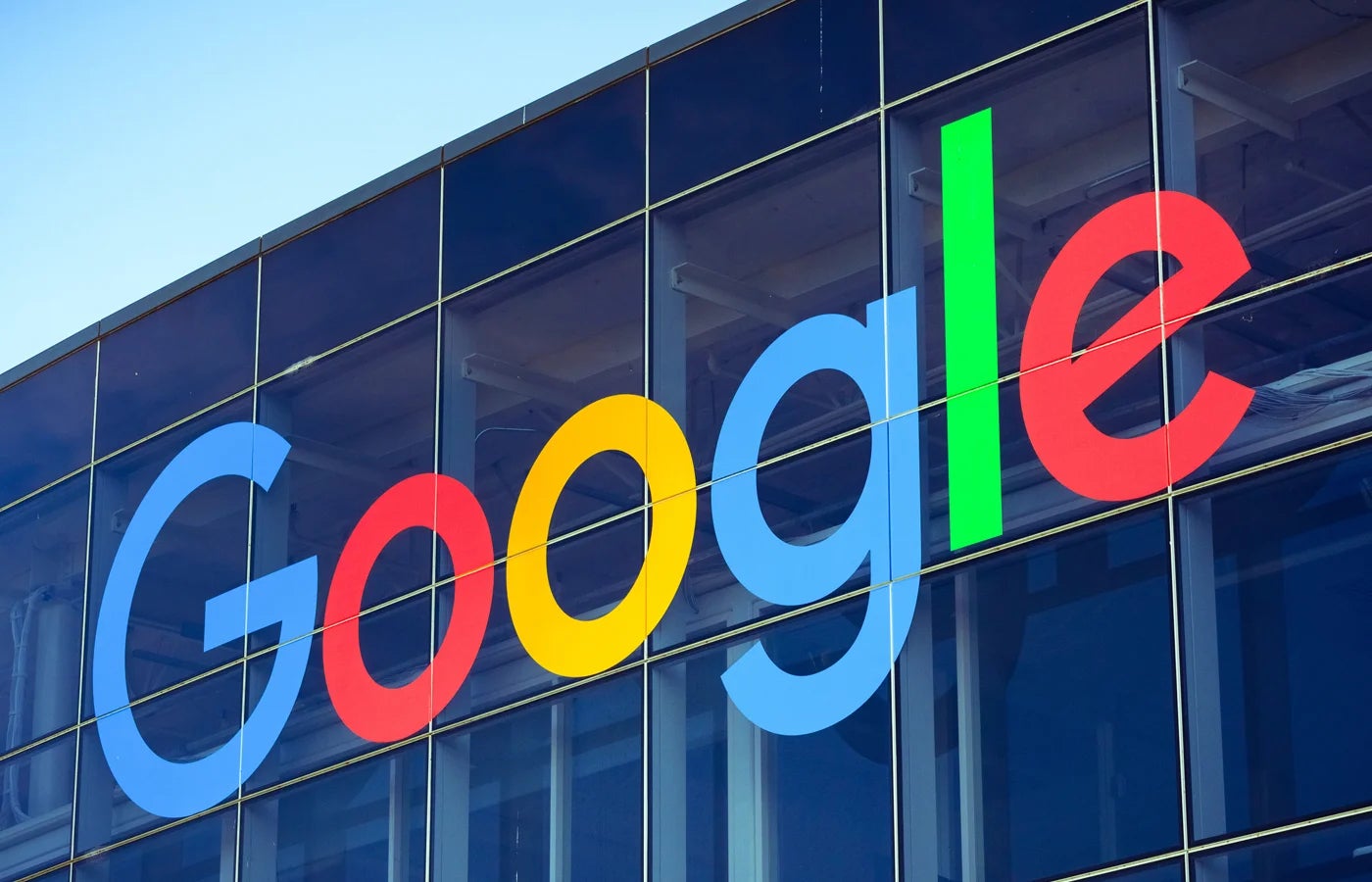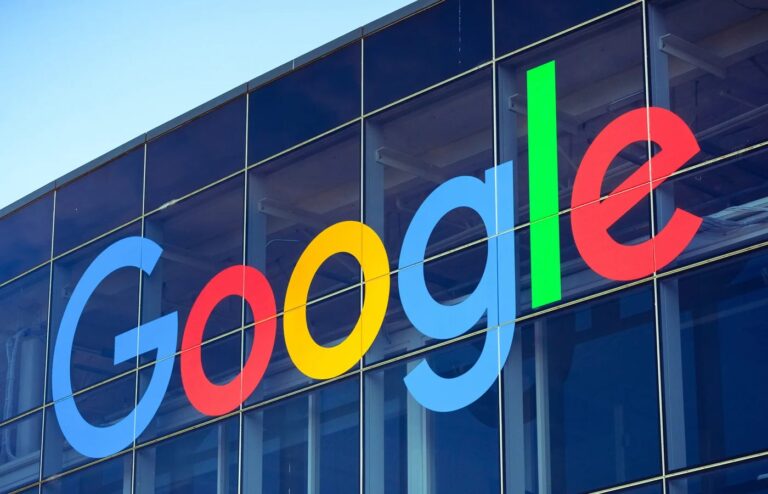
Google has significantly changed the way it rewards its top-performing employees. According to a company email seen by Business Insider, employees who score well on their annual review will be eligible for bigger bonuses and equity. Conversely, those viewed as under-delivering could see these perks slashed.
Five-tier rating system to dictate compensation
Once a year, Google assesses its staff using an internal review system called GRAD, or Google Reviews and Development. The system classifies employees into five tiers:
- Not Enough Impact
- Moderate Impact
- Significant Impact
- Outstanding Impact
- Transformative Impact
Each level corresponds to a proportional bonus and equity multiplier.
According to a recent email circulated by John Casey, Google’s vice-president of global compensation and benefits, managers can now award Outstanding Impact to more employees. They will be given a higher discretionary budget to reward those with Significant Impact. According to BI, most employees fall within the Significant Impact category.
However, to balance this “budget-neutral” change, the bonus and equity multipliers for employees with either Moderate Impact or Significant Impact are being reduced. In the email, “Strengthening our performance culture,” Casey told BI that Significant Impact will still be considered a “strong rating” and that “achieving it will still get you more than your target bonus.”
He added that the changes, which will take effect during the 2025 end-of-year reviews and 2026 compensation cycle, are to better align rewards with individual impact.
“High performance is more important than ever to achieve the goals we’ve set,” Casey wrote. A Google spokesperson also told BI that the company wants to “continue (its) momentum” in the cutthroat Big Tech sector.
SEE: Meta, Google, Amazon, Microsoft Staff Reveal How Tech’s Dream Jobs Turned Cutthroat
Big Tech is increasing the pressure on its employees
Along with Facebook, Amazon, and Microsoft, Google was once seen as a dream employer for tech graduates. However, the reality has changed since the onset of the COVID pandemic. Layoffs are now commonplace. And the proliferation of artificial intelligence tools, combined with a reduction in available roles, allows the tech giants to push their employees to maximum productivity.
In January, Mark Zuckerberg said he would fire and replace 5% of Meta’s “low-performers,” in a memo first reported by Bloomberg. Microsoft made performance-based layoffs that same month. Sergey Brin, Google’s co-founder, recently urged employees working on Gemini AI tools to be in the office “at least every weekday” and said they should be clocking 60-hour weeks, according to The New York Times.

